Minor parties take on big boys of politics
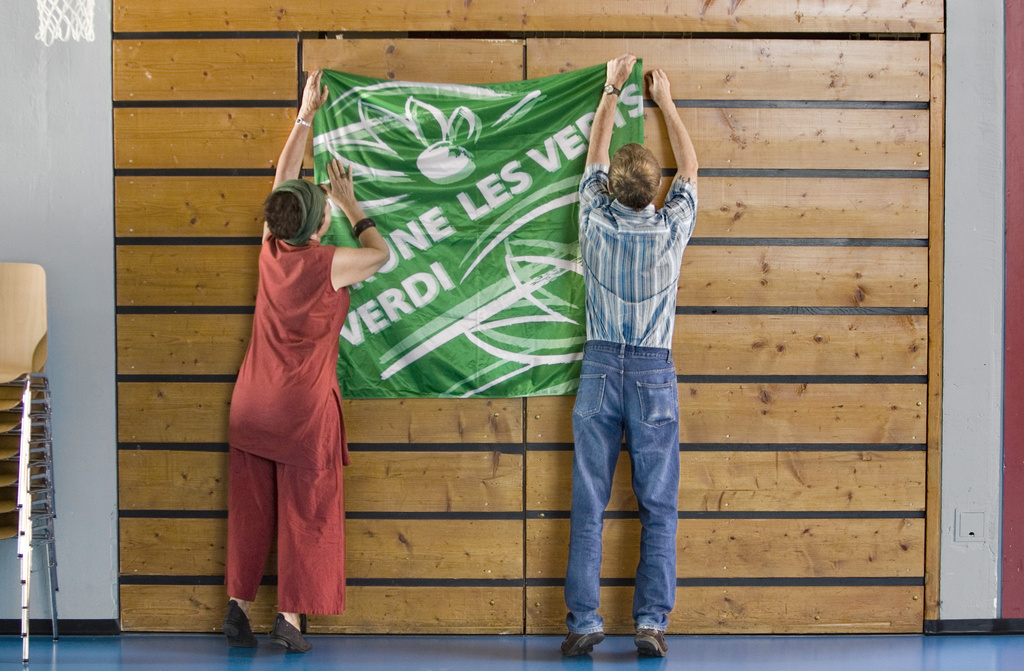
Small parties covering the whole political range are jostling for attention, and relevance, ahead of parliamentary elections on October 23.
But the myriad of groups have only slim chances of winning a seat, with the four heavyweights of Swiss politics and well-established medium-sized parties continuing to dominate.
Political scientist Pascal Sciarini says Switzerland’s system of proportional representation can disadvantage minor parties, particularly in small constituencies.
“It’s almost a mechanical problem which is the number of seats available in the cantons,” said Sciarini from Geneva University.
“In the small cantons, the small political groups have only a small chance of getting elected because the natural quorum is a difficult obstacle to beat.”
The five minor parties presently in parliament – accounting for a total of just over five per cent of the vote – represent the full spectrum from the ultra-conservative Federal Democratic Union to the Alternative Left with its Communist roots.
Broad range
Noticeably, three groups have a religious background, from the Christian Social Democrats (in traditionally Catholic regions) to the Protestant Party (enjoying support of Protestant Church members) to the Federal Democrats with their grassroots among the Free Church movement.
They share a commitment to Christian values and put family issues high on the agenda. But their political affiliations differ considerably from the far-right to the centrist Protestants to the centre-left Christian Social Democrats.
The Alternative Left, an umbrella organisation of Communists and Workers’ Party groups with a stronghold in the French-speaking part of the country, flies the flag of anti-capitalism and ecological socialism. It fights for more social justice with proposals for a guaranteed minimum income and the abolition of tax breaks for privileged rich residents.
The Lega dei Ticinesi for its part stands out because it is by definition limited to the southern canton Ticino. It was set up as a populist movement in 1991 to protest against official immigration policy and closer ties with the European Union.
A leading party in the region, the Lega at the federal level cooperates with the rightwing Swiss People’s Party.
Observers say it could win a new ally if the like-minded Mouvement Citoyens Genevois in western Switzerland succeeds in securing a seat in the House of Representatives in October.
Being seen
For political scientist Sciarini, the highly fragmented Swiss system works against new parties.
“The high number of parties cover the whole left-right spectrum. As a result, there are few niches left to fill,” said Sciarini.
Georg Lutz, his colleague at Lausanne University, warns against small parties relying too heavily on the “niche strategy” to ensure long term success.
“First, you have to have an agenda which is important to certain voters. Next you need people and financial resources, and finally you need an open political system,” said Lutz.
“Another thing needed for long term success is to know how to create a niche,” he added.
This has been the case with religious political movements. It is, however, quite rare for this method to work.
In recent Swiss history some political groups have disappeared almost as quickly as they appeared, as was the case with the Automobile Party at the end of the 1980s.
Bucking the trend
Given the difficulties, why do minor parties continue to give up time and financial resources to run electoral campaigns?
“Certain groups believe in their chances, despite everything,” said Lutz. “Others use the elections as a means of publicising their political ideals.”
Lutz said being present in federal elections is often important for political survival at a local level or for a pressure group to promote its issue.
He refers to the Men’s Party championing the rights of divorced fathers in the 2007 election and the Pirate Party which was set up in 2009 with branches in several cantons.
The group seeks the support of the generation of 25 to 35 year-old voters. Its political credo is a more transparent state, protection of the private sphere and free access to culture.
Cycles
The current trend towards greater fragmentation is a cyclical phenomenon, the experts agree.
“Currently there is a wave of new players,” said Lutz. “There have always been cycles where there is a greater concentration on the big parties, followed by others concentrated more around the small parties.”
Despite the seemingly uphill battle for the hearts and minds of voters, the authorities expect a new record number of candidates. It is also more than likely there will be an unprecedented number of groups vying for attention as the August deadline for registering approaches.
In the last elections in 2007, nearly 3,100 candidates stood for election illustrating the diversity of opinion in the Swiss political landscape.
Of the 200 seats in the House of Representatives, only ten are currently not held by one of the five parties represented in the cabinet or the Greens. (See sidebar: Parties in parliament)
The make-up of the Senate – the other parliamentary chamber – tells a similar story with just two out of 46 seats not held by major parties.
Four big parties: Swiss politics has traditionally been dominated by four big parties: The rightwing Swiss People’s Party (28.9% of the vote in 2007), the centre-left Social Democratic Party (19.5%), and two centre-right parties: the Radicals (17.7%) and the Christian Democrats (14.5%).
The biggest of the small: Growing for several years, the Greens are pushing against the symbolic ten per cent barrier (9.6% in 2007).
Gaining momentum: Two breakaway groups are among those which are gaining momentum on the political scene. The Liberal Greens began separating from the Greens in 2004, while the Conservative Democratic Party separated from the Swiss People’s Party following a major dispute in 2008. Polls suggest they will win 5.7% and 3.5% of the October vote respectively. Liberal Greens already have five members in parliament (three in the House of Representatives and two senators) while the Conservative Democrats have six members (five in the House and one senator) and a seat in the cabinet.
Small parties: Also represented in the current parliament are five small parties which together account for 5.5% of the vote on a national level. The Protestant Party, the Lega dei Ticinesi, the Federal Democratic Union, the Christian Social Democratic Party, and the Popular Workers Party/Alternative Left each have one or two representatives in parliament.
The Swiss Democrats and the Freedom Party (formerly Automobile Party) both had their heydays in the 1980s but in one case were pushed aside and in the other merged with the rightwing Swiss People’s Party.
At the far left of the political spectrum a host of rival groups exist mainly at a local level, notably the Communist Party, the Popular Workers’ Party and SolidaritéS. The Alternative Left is an umbrella group aimed at boosting cooperation between them.
The Mouvement Citoyens Genevois is a populist party in canton Geneva. Founded in 2005 it champions anti-immigration, law and order but also social issues.
The Pirate Party was set up in 2009 and is represented in at least seven cantons. Part of an international network of like-minded groups it appeals to the younger generation and promotes the protection of the private sphere and more transparency in politics.
A candidate for parliament does not necessarily have to be a member of a party. It is possible to run as an independent as long as s/he wins a certain number of supporters backing the candidature.
(With input from Olivier Pauchard and Sophie Douez)

In compliance with the JTI standards
More: SWI swissinfo.ch certified by the Journalism Trust Initiative

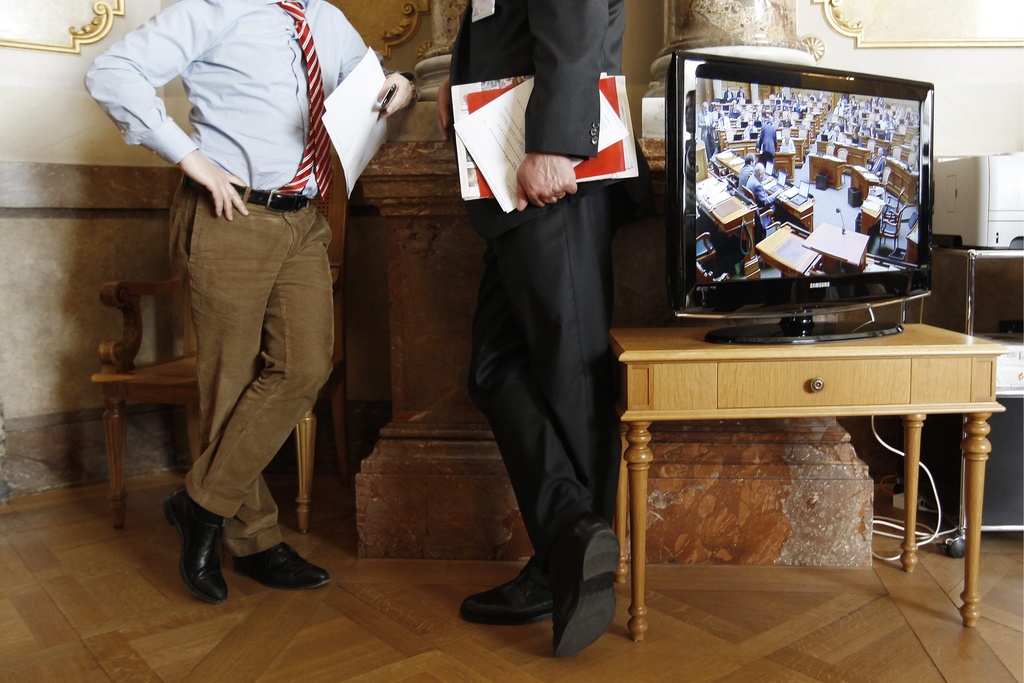
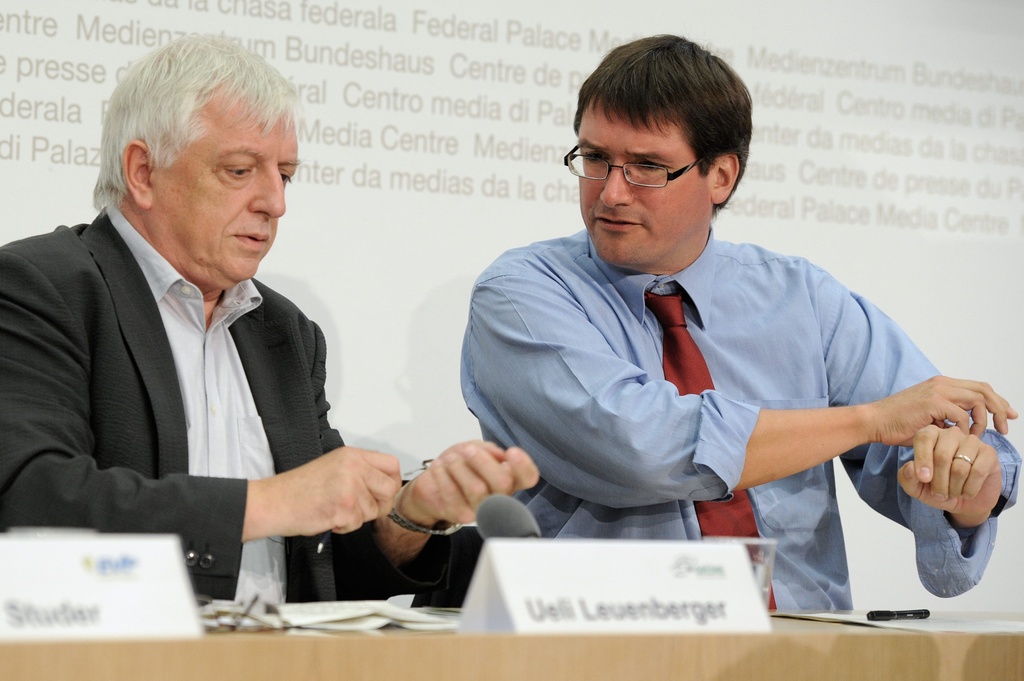
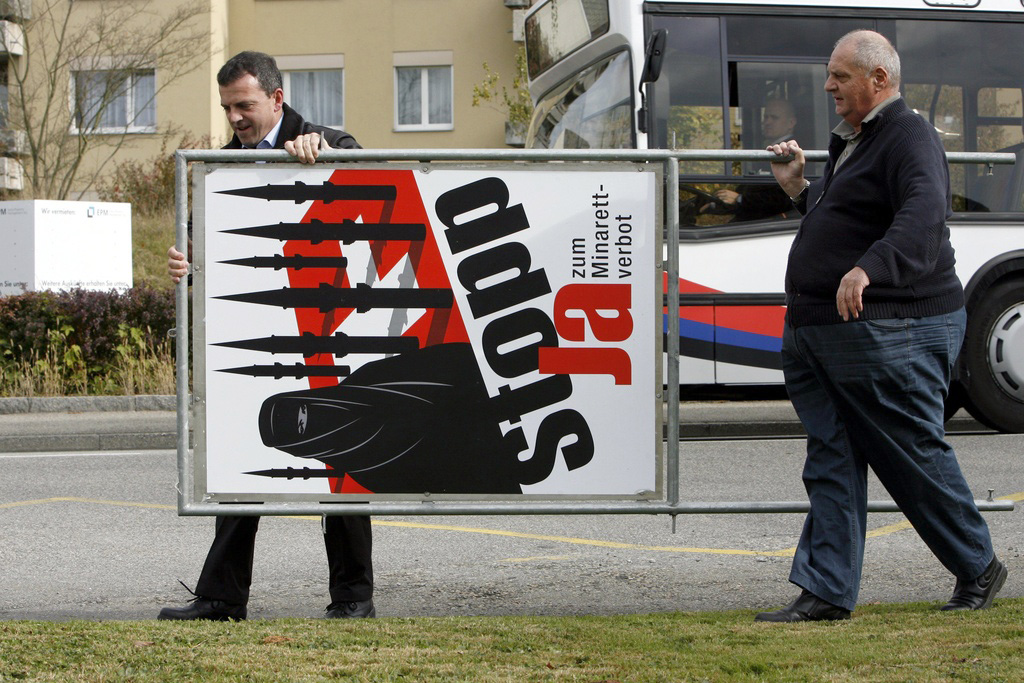

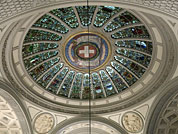
You can find an overview of ongoing debates with our journalists here. Please join us!
If you want to start a conversation about a topic raised in this article or want to report factual errors, email us at english@swissinfo.ch.